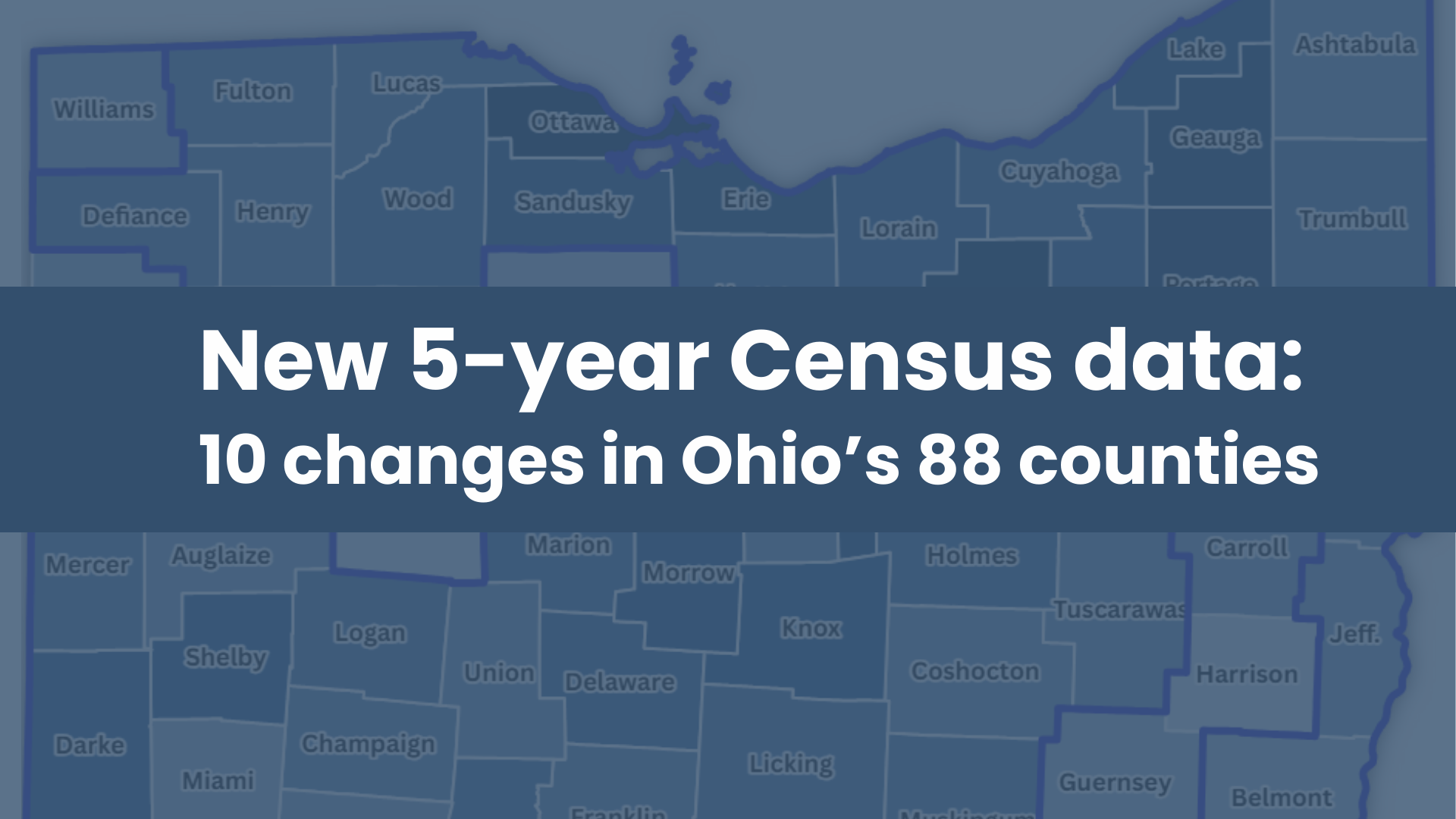Earlier this year a group of staff and board members from The Center for Community Solutions visited the Undesign the Redline exhibit hosted by Enterprise Community Partners, Cleveland Neighborhood Progress and Mt. Pleasant NOW Development Corporation. The exhibit looks at how a legacy of racial and class inequity continues to shape our public policies today both in Cleveland and nationally.
After returning from the exhibit I wondered about Community Solutions' own history and how we had over the course of our 106 years either participated in or challenged racial exclusionary policies. That led me to learning more about Frederick M. Coleman, the first African-American elected president of Community Solutions’ board (our organization was then known as the Federation for Community Planning).
Coleman was a distinguished attorney, judge and at the time the U.S. Attorney for the Northern District of Ohio. He was a Republican, like many other African-American leaders of his generation, and was first elected to the board in 1971 after being appointed as the U.S. Attorney for the Northern District of Ohio by President Richard Nixon.
The fact that it took 59 years for the organization to elect an African-American board chair is a testimony to the level of structural racism and discrimination that existed in Greater Cleveland.
The fact that it took 59 years for the organization to elect an African-American board chair is a testimony to the level of structural racism and discrimination that existed in Greater Cleveland. Community Solutions, like many non-profit organizations in Cleveland, was influenced by these structures, and was slow to move African-Americans into board leadership roles.
This is despite the fact that the organization facilitated the creation of several entities focused on serving Cleveland’s African-American community. In 1917, the Federation for Community Planning appointed a biracial committee to study welfare problems that arose from the wartime migration of African-Americans to Cleveland from the south. The Federation then also formed and funded the Negro Welfare Association which focused on improving housing conditions and providing employment services.[2] The Negro Welfare Association would eventually become the Urban League. In 1945, the Federation collaborated with the then Jewish Community Council and NAACP to form the City of Cleveland’s Community Relations Board. In the 1960s they helped create neighborhood programs in Hough and Glenville neighborhoods that were rapidly becoming African- American neighborhoods as a result of racially-based housing discrimination.
Coleman was born in Lilly, Georgia in 1918, a tiny town of just more than 200 people located about 60 miles southwest of Macon, Georgia. Like many African-Americans living in the Deep South his family joined the “Great Migration” and moved to Cleveland when Coleman was only 4-years-old. He graduated from East High School in 1936.
Coleman, like many African-Americans of that era, became a federal employee in 1937 when he joined the U.S. Postal Service as a letter carrier. He worked during the day and attended classes in the evening and used money he earned from his job to put himself first through Case Western Reserve University. After that he then earned a law degree from Cleveland Marshall Law School. His studies were interrupted in 1943 when he was drafted into the U.S. Army during World War II. He served until 1946 and then completed his education. After graduation he went into private practice and also worked as a public defender.
After stepping down as U.S. Attorney in 1976, he was appointed to the Cuyahoga Court of Common Pleas by then Ohio Governor Jim Rhodes. At the time Congressman Louis Stokes commented that “I know justice is placed in good hands in Frederick Coleman.” [1] It was during his service on Court of Common Pleas that he presided over a case that drew national attention – a very acrimonious 1979 Cleveland teachers strike that lasted 11 weeks and only ended after he ordered both sides to negotiate round-the-clock through the 1980 New Year holiday. Later that year he would be re-elected to the court for a six-year term.
After Coleman was elected chair of the Federation board he commented that “the Federation represents an important means by which this community confronts its more critical problems and finds ways of making progress in dealing with them.”[3] During his time on the board he would lead a community-wide summer job program for low-income youth. It was also during Coleman’s tenure that the Federation facilitated the merger of five of its member agencies into one organization that provided comprehensive services for families and children – the Centers for Families and Children.
After Coleman was elected chair of the Federation board he commented that “the Federation represents an important means by which this community confronts its more critical problems and finds ways of making progress in dealing with them.”
While Coleman believed racial harmony could be achieved in the U.S. he wasn’t shy about speaking publicly about “racial hatred sweeping the city and country”. As U.S. Attorney, Coleman successfully brought cases against trade unions that had blocked African-Americans from membership. In a 1972 Call and Post Interview Coleman said that he felt that “every black person has an obligation to each other regardless of his economic status.”
Coleman held leadership roles in a number of local, state and national organizations including the YMCA, the United Way, Mt. Pleasant Community Council, Glenville Health Association, the NAACP, the Cleveland City Club, the Greater Cleveland Partnership and the National Conference of Christians and Jews. In 1989 he passed away at the age of 71, following his wife Mary who had died the previous year. He was survived by his son David Coleman, and a grandson.
Robbin Cottingham was first African-American woman elected board chair in 2009. She served until 2011. Cottingham, until she retired, was the Executive Vice President and Chief Operational Risk Officer in Key’s Risk Management Group and a member of Key’s Executive Council. Like Coleman before her, Cottingham held leadership roles in a score of community organizations including United Way of Greater Cleveland. From 2016 through 2017 the board was led by Zulma Zabala the first Latina chairperson. Zabala serves as Chief Executive Officer for the East End Neighborhood House, a multi-service social services agency that has served the Cleveland community and its neighbors for the past 112 years. Zabala is also active in a variety of other organizations including a recent appointment to the board of the Saint Luke’s Foundation.
Obviously there is more to the Community Solutions’ history and its relationship with Greater Cleveland’s African-American community than just Mr. Coleman; there’s a dissertation just waiting to be written. But as I learned from the Undesign the Redline exhibit; knowing where we’ve been helps to explain where we are today. So my goal is to keep digging, learning, and understanding so that our work today is better informed by the work we did in the past.
[1] African Americans and the Color Line in Ohio 1915-1930, William Wayne Griffin, Ohio State University Press, 2005, page 63
[2] Fred Coleman Installed as Head as a Common Pleas Court Judge, the Call and Post, May 21, 1977, Page 1A
[3] Coleman to Head City Community Planning, the Call and Post, March 25, 1972, Page 6A







